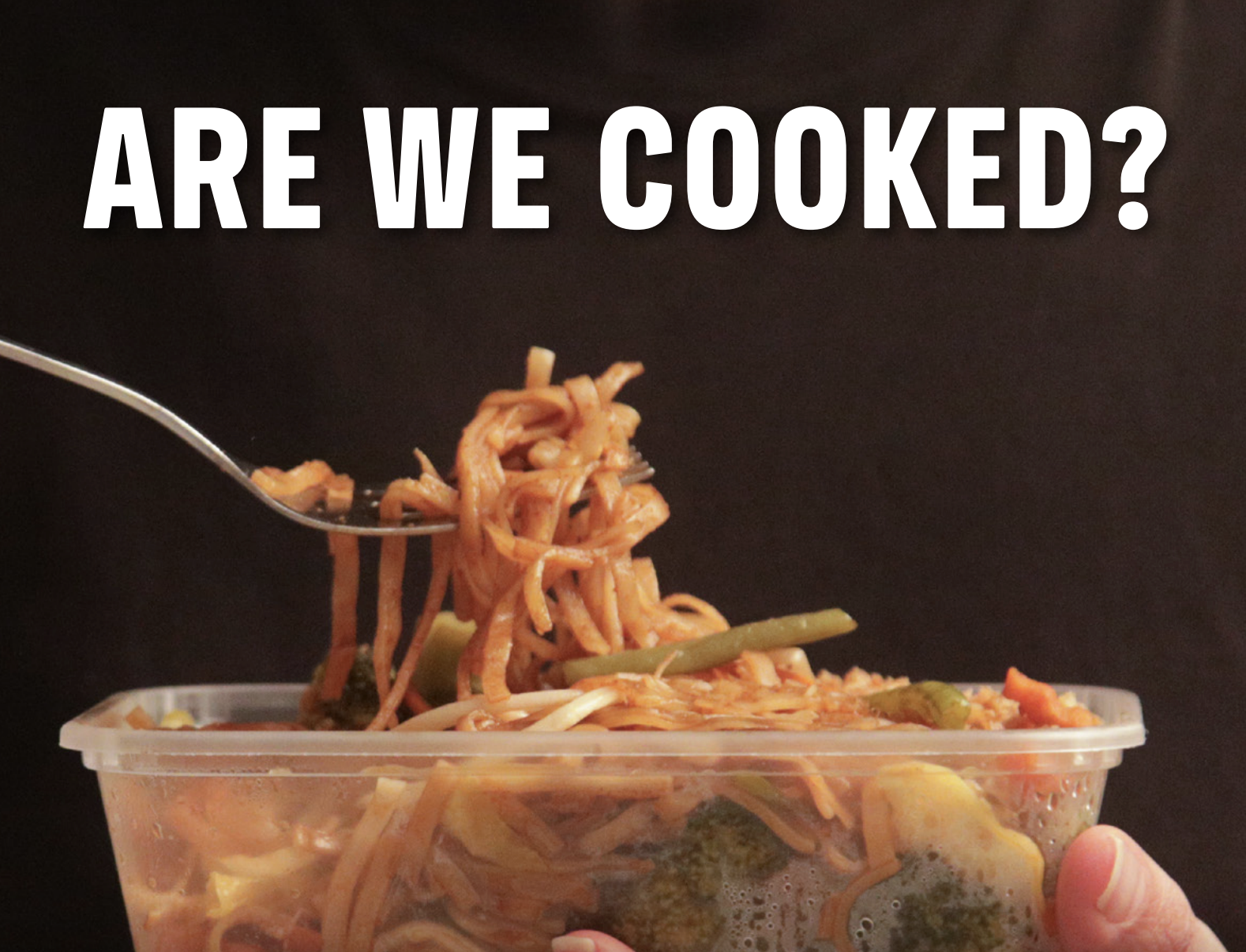Hope is a natural resource too, and it can sometimes feel in short supply. Here are 10 important and inspiring wins for people and the planet this year: let’s joyfully celebrate them and renew our strength to keep pushing for change in 2022. Forward!
1. Netherlands – Court orders oil giant Shell to cut emissions
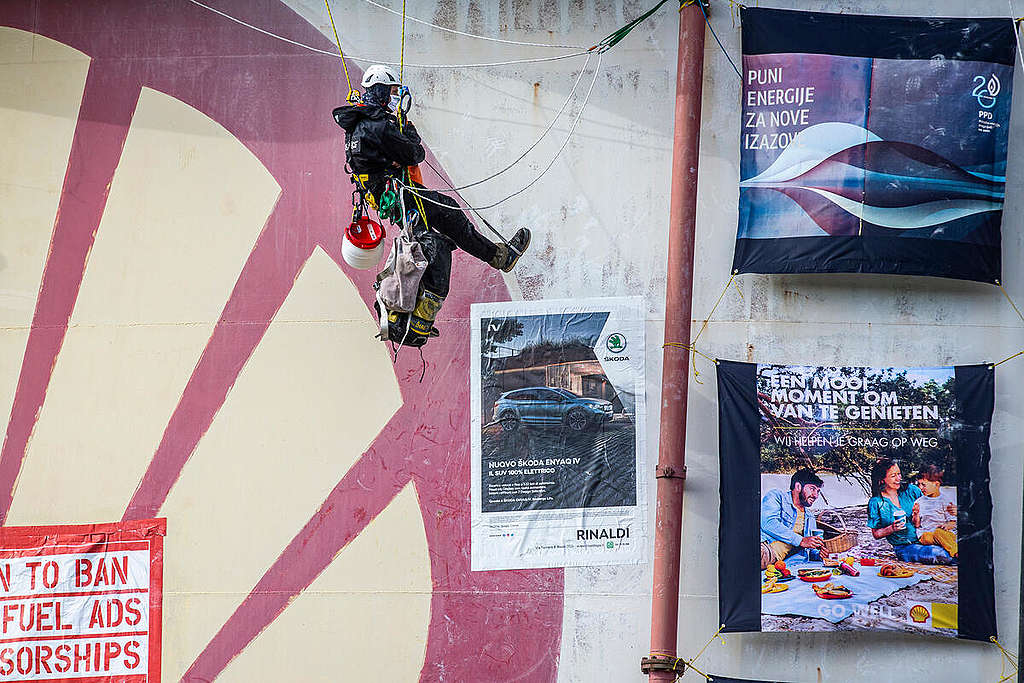
In a historic verdict, a Dutch court ruled that Shell is liable for damaging the climate. It is the first time that a major fossil fuel company is held accountable for its contribution to climate change and ordered to reduce its carbon emissions throughout its whole supply chain. Shell is one of the 10 most climate polluting companies in the world.
This verdict means that Shell now has to radically change course and reduce its CO2 emissions by 45% by 2030, in line with limiting global warming to 1.5 degrees. The climate case was brought by Friends of the Earth Netherlands (Milieudefensie), along with Greenpeace Netherlands, ActionAid, Both ENDS, Fossielvrij NL, Jongeren Milieu Actief, the Waddenvereniging and 17,379 individual co-plaintiffs.
2. Canada – Keystone XL oil pipeline canceled
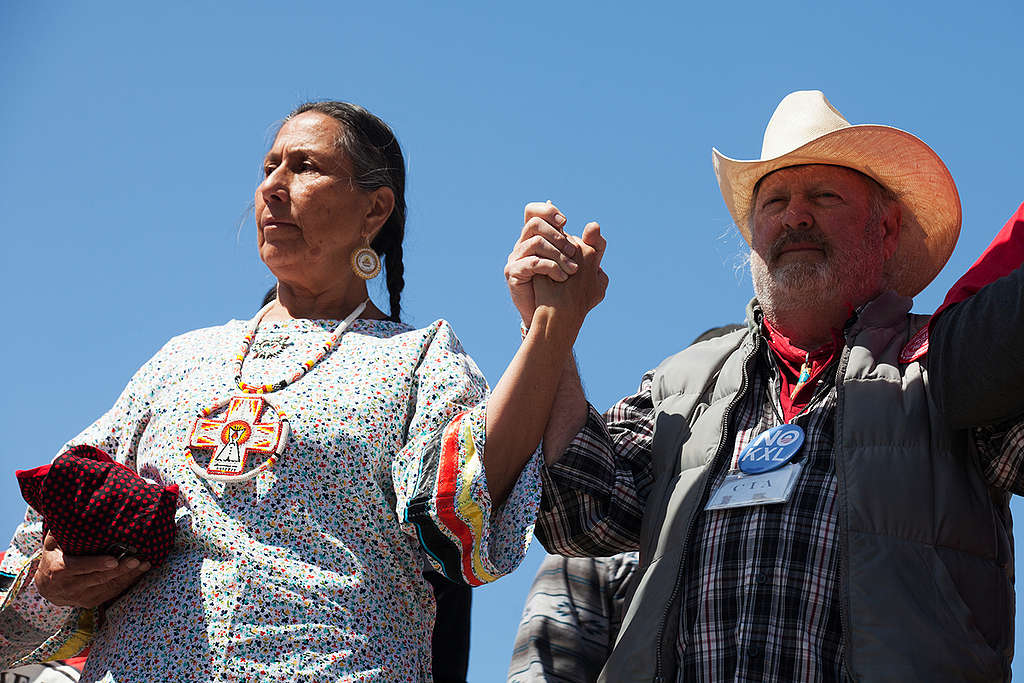
In June 2021, the Calgary-based company TC Energy canceled the problem-plagued Keystone XL pipeline. This is a major victory for people who’ve been resisting new fossil fuel infrastructure and calling for alternatives and it was made possible by Indigenous communities who resisted this destruction on their lands — and never gave up. People power will light the way to a world beyond fossil fuels!
In the United States and Canada, at least 21 fossil fuel projects have been prevented or delayed by Indigenous-led resistance. That’s the equivalent of 400 coal-fired power plants’ worth of pollution, according to analysis from the Indigenous Environmental Network (IEN) and Oil Change International.
3. Indonesia – Landmark victory against air pollution
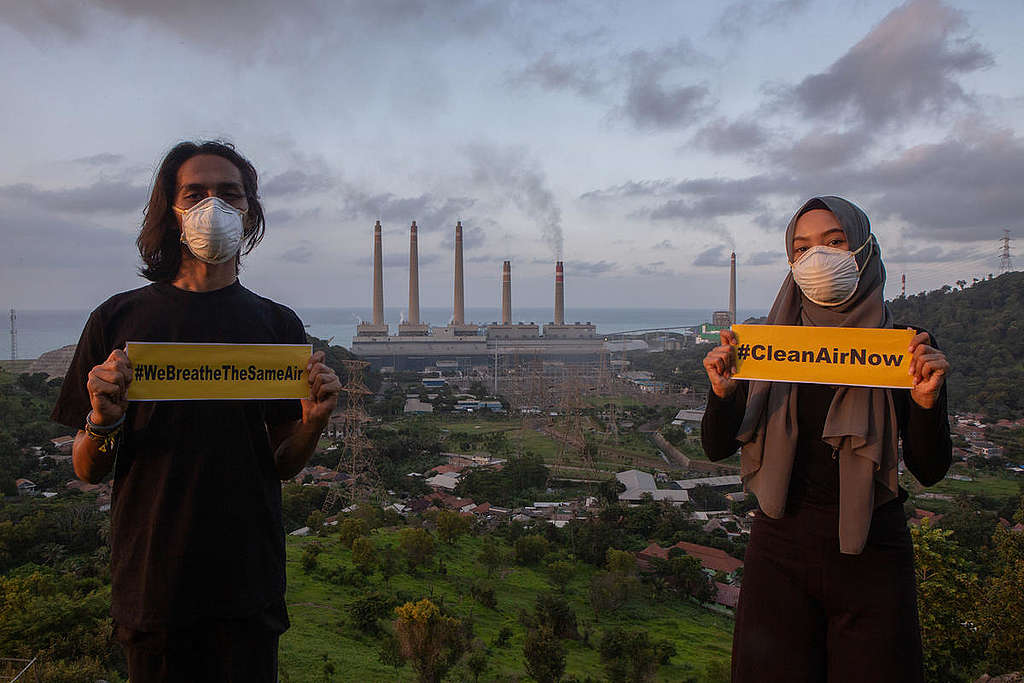
As COP26 was coming to a close in Glasgow, the Central District Court of Jakarta has ordered President Joko Widodo as well as the Governor of Jakarta to clean up Jakarta’s notorious air pollution, ruling that the Indonesian administration had been negligent in protecting citizens.
This landmark victory for class action and environment campaigners in Indonesia ends a two-year legal challenge brought by 32 Jakarta citizens against Indonesian President Joko Widodo, three cabinet ministers, the Governor of Jakarta, and two provincial leaders.
4. France – Court ruling against the French State’s climate inaction
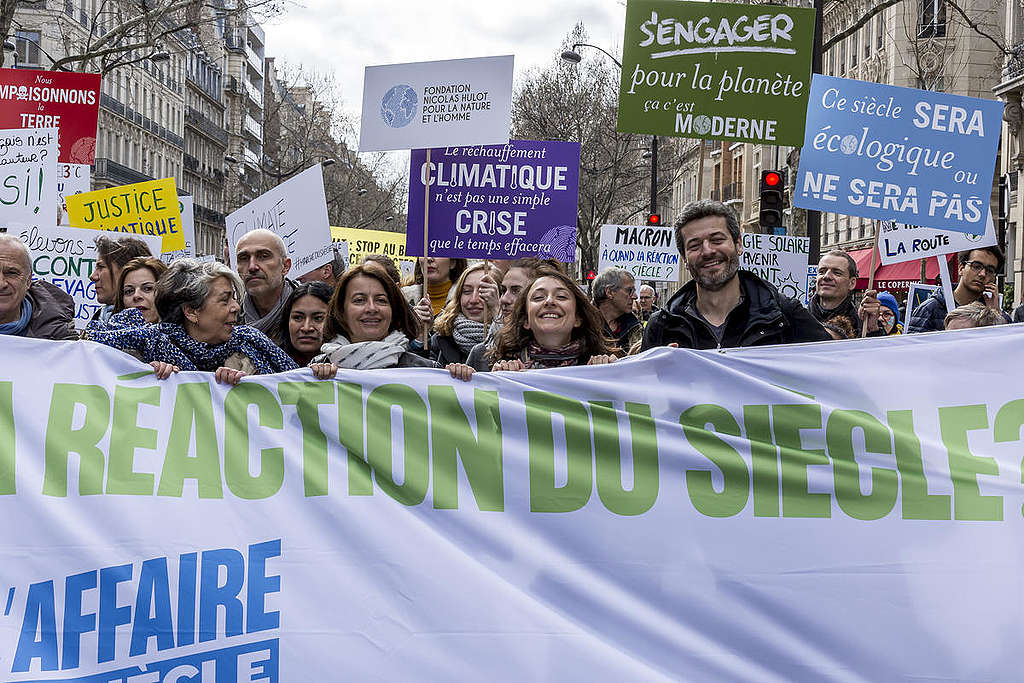
This is another major victory for the climate: in February 2021, a landmark ruling by the Paris Administrative Court found the French State at fault for not doing enough to tackle the climate crisis. The Court ordered the French government to take additional measures to increase its emissions reductions.
Following the landmark decision in the Urgenda case in the Netherlands in 2019 and the Irish Supreme Court’s decision on the national Climate Case in 2020, France becomes the third EU Member State that is judged to fail in protecting citizens from the climate crisis. Governments need to do better, much better, and fast.
5. The Gambia – Government stops the expansion of major fishmeal and fish oil plant
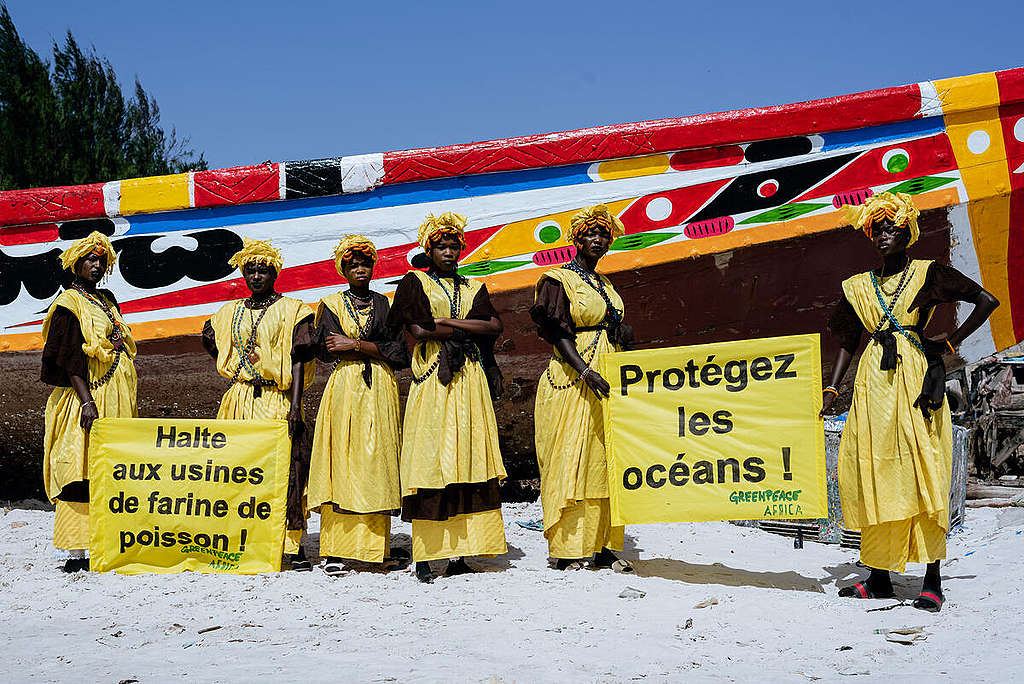
In April 2021, the government of The Gambia issued a “Stop Notice” to Golden Lead, a Chinese Fishmeal plant located in Gunjur, a small coastal town in south-western Gambia.
A good day for the people of The Gambia and for the ocean and its biodiversity: fishmeal plants are repeatedly exposed as destructive for fish stocks, as well as the health of the population. The fish oil industry is stripping life from African oceans, and depriving African fishing communities of their livelihoods.
In October 2021, an investigation by Greenpeace Africa revealed recent trade figures showing that the fishmeal and fish oil industry in the region has grown at an alarming rate during the COVID-19 pandemic.
6. Aotearoa – Supreme Court slams door on seabed mining
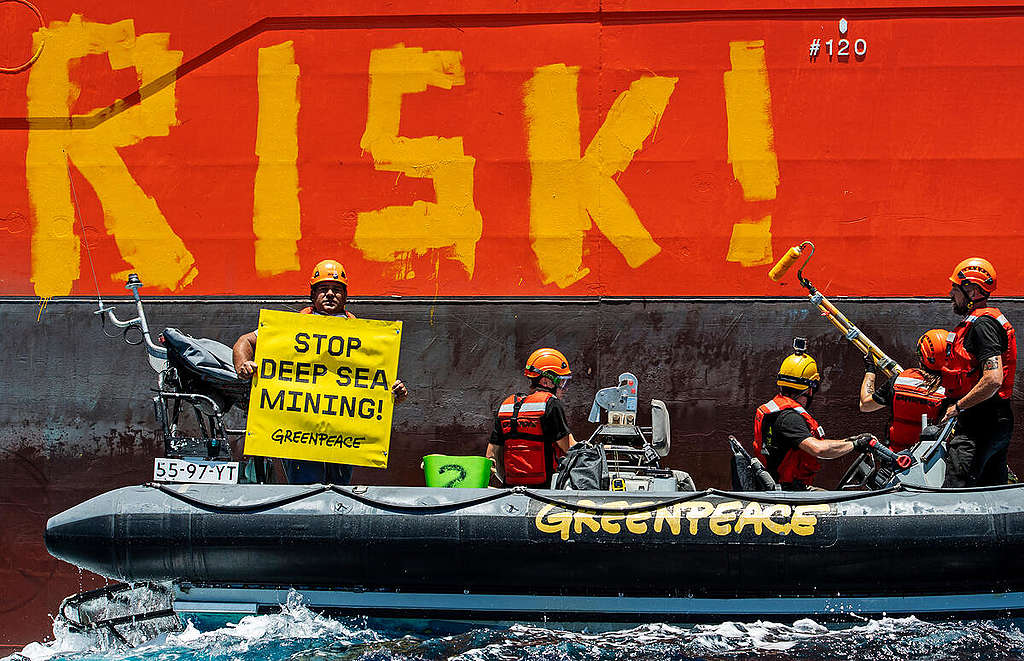
This ruling is a victory for the ocean, and for people power!
In September 2021, New Zealand’s Supreme Court said ‘no’ to seabed mining and quashed a 2017 decision giving miners resource consent to begin a giant seabed mining operation in the South Taranaki Bight (a large bay on the west coast of Aotearoa – New Zealand).
The South Taranaki Bight is home to New Zealand’s own population of Pygmy blue whales, māui dolphins and blue penguins. It also has a vibrant coral reef system. This decision sends a clear message to other mining companies waiting in the wings: you’re not wanted in Aotearoa or the Pacific.
7. China, Japan, South Korea – Another step towards the end of the coal era
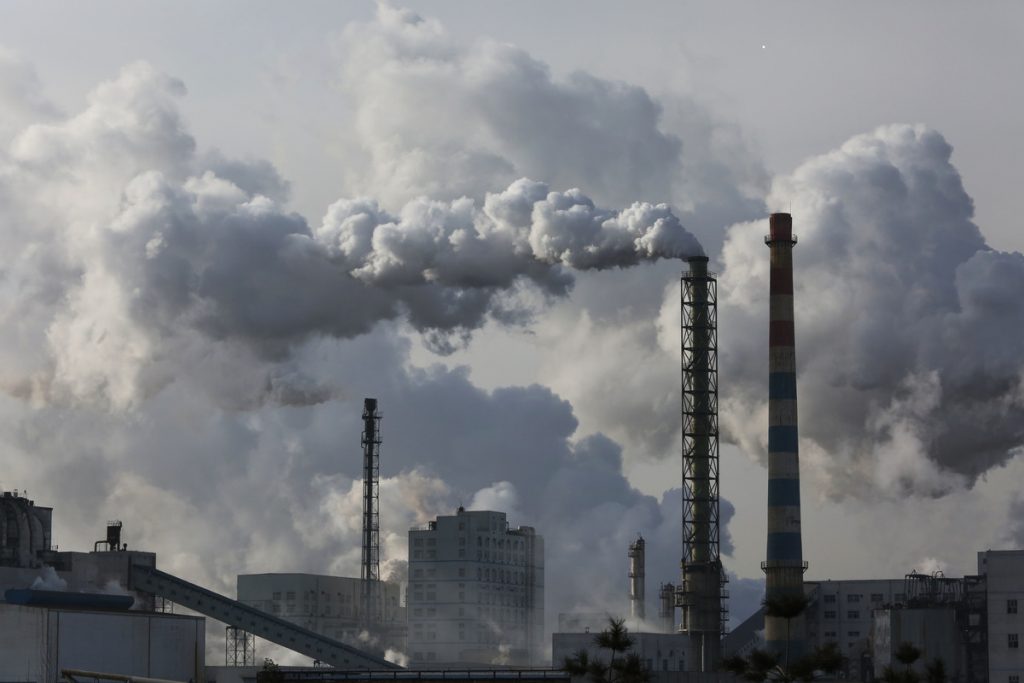
In September 2021, China’s President Xi Jinping pledged that China will not build any new coal-fired power projects overseas. Earlier this year, similar commitments came from top coal financiers South Korea and Japan.
As the world’s largest public financier of overseas coal plants, It is now really important that China follows a similar path domestically, for the health of its people and the planet. Since 2014, the country has funded 12,622 MW of wind and solar along the Belt and Road – a huge increase. But it has also funded 67.9GW to coal (six times more), the vast majority in South and South East Asia.
Ending coal-fired power is a global imperative – for the climate and public health. In 2020 a report from Greenpeace South East Asia showed that air pollution generated from burning fossil fuels is attributed to approximately 4.5 million premature deaths worldwide every year.
8. Russia – Norilsk Nickel mining firm pays record $2bn fine over Arctic oil spill
This is the largest compensation for environmental damage in the history of Russia.
On May 29, 2020 over 20 thousand tons of diesel leaked into the water and soil from a storage tank owned by Norilsk Nickel near Norilsk, turning the Ambarnaya River red. According to official data, the oil spill in Norilsk is the largest ever in the polar Arctic.
In February 2021, the Krasnoyarsk Arbitration Court ordered Norilsk Nickel to pay 146 billion rubles (nearly 2 billion USD) for this oil spill in the Taimyr Peninsula. In Russia, accidents involving oil and oil products spills regularly occur. It is necessary to move to new carbon-free energy technologies as soon as possible, especially in such a vulnerable region as the Arctic.
9. Mexico – A ban on glyphosate and genetically modified corn
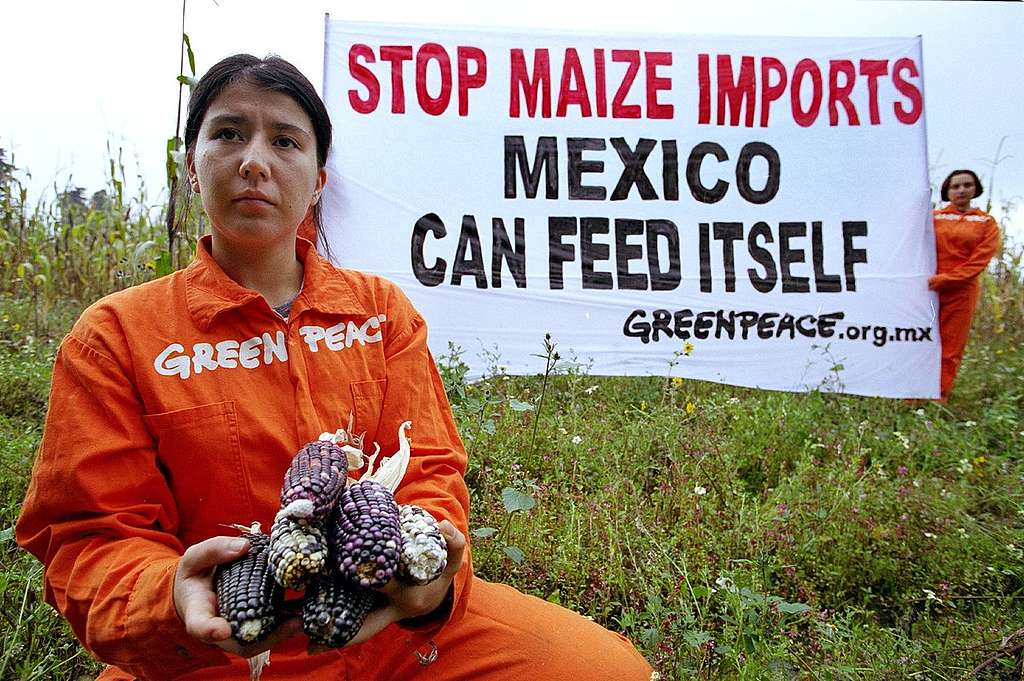
Did you know that Mexico is considered the center of origin, domestication and diversification of 59 different types of corn?
In January 2021, a presidential decree in Mexico established the prohibition of genetically modified corn as well as the phasing out of glyphosate by 2024.
The continued use of contaminants like GMOs and glyphosate would put Mexican agricultural biodiversity at risk, jeopardise entire ecosystems and move Mexico away from the path towards food sovereignty and self-sufficiency. Securing the ban of GMOs has been the center of countless battles for Greenpeace Mexico over the past 21 years; battles fought alongside various farmer organisations, consumers, academics, researchers, artists and intellectuals.
The 2021 ban on transgenic corn and glyphosate is an important step to advance towards Greenpeace Mexico’s ultimate goal: transformation of the agri-food system from the roots and producing healthy food that does not harm the environment and guarantees the health of farmers and consumers.
10. United Kingdom: Shell pulls out of Cambo
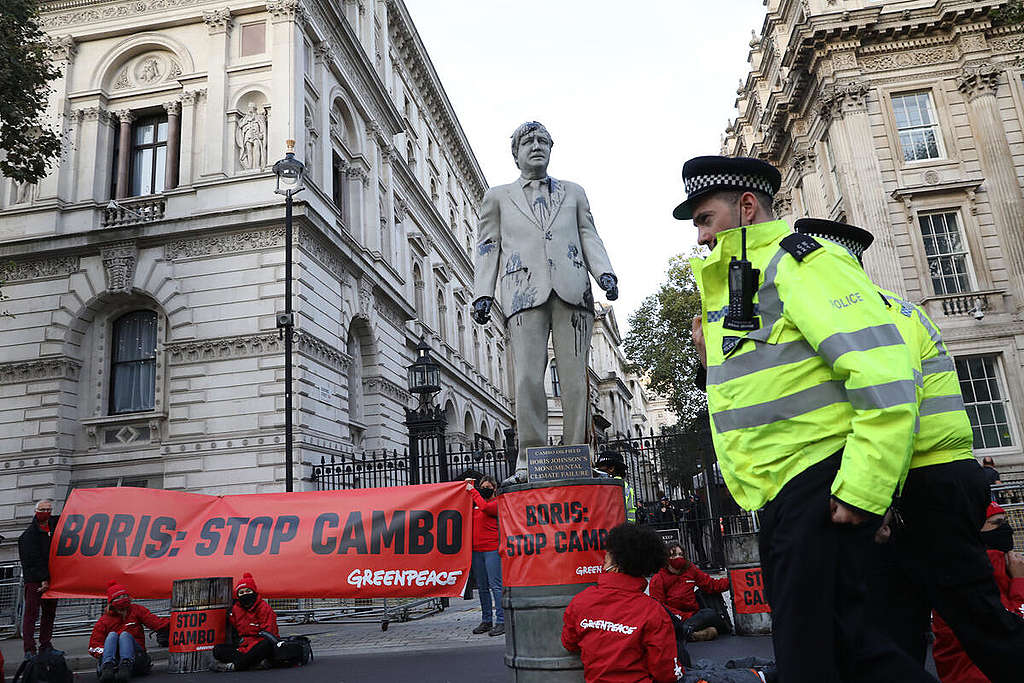
Hopes for new oil and gas in the UK like the Cambo oil field just got dealt a massive blow. Shell – one of the main backers – have pulled out, leaving the UK government cutting an increasingly lonely figure with their continued support for Cambo.
Let’s hope this will be the death knell for this new oil field. Indeed, unless Boris Johnson withdraws his support, it could still go ahead. We should be investing in renewables and a just transition for workers and communities – not dead-end new oil and gas projects.
Every fraction of a degree matters. Every ecosystem supporting the livelihoods of people and countless species of animals and plants matters. In 2022, let’s keep fighting against extractivist fossil fuel companies, corporate polluters, greenwashing, false solutions and governments putting profits over people and the planet.



